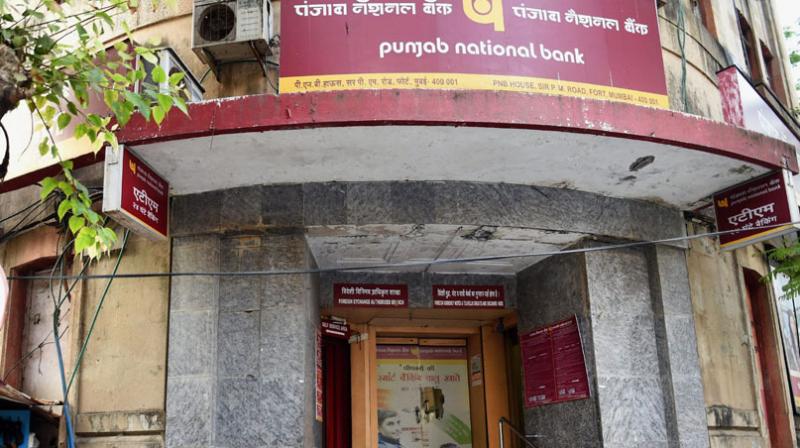RBI orders changes to bank protocols after USD 1.8 billion fraud case
Many Indian banks, including PNB, have not linked their core banking systems with the SWIFT network.

Mumbai: India’s central bank has told lenders to link their internal software with the SWIFT interbank messaging system by the end of April, and to alter a range of other protocols with immediate effect, as fallout from an alleged $1.77 billion fraud at Punjab National Bank (PNB) continues to swell.
In what has been dubbed the biggest loan fraud in India’s history, the No 2 state-run lender PNB has alleged that two employees at a Mumbai branch colluded with firms linked to well-known jewellers Nirav Modi and his uncle, Mehul Choksi.
The bank alleges the employees issued unauthorised letters of undertaking, or guarantees, that allowed the firms to secure credit from overseas branches of other, mostly Indian banks.
A lawyer for Modi has denied his client was involved in any fraud. Choksi has not commented but his firm, Gitanjali Gems, has also denied involvement in the alleged fraud.
PNB says the fraud dates back to 2011 and stayed undetected as the employees did not enter the transactions in PNB’s core software after sending instructions to overseas banks through SWIFT.
Brussels-based SWIFT has previously said it does not comment on individual customer matters.
Many Indian banks, including PNB, have not linked their core banking systems with the SWIFT network, which is widely used by global banks to communicate with each other on transactions.
Rules tightened
The Reserve Bank of India (RBI), which supervises lenders, has moved to tighten regulations. In a letter dated February 20, a copy of which Reuters saw on Friday, the RBI ordered lenders to comply with more than two dozen items within set timelines.
“The recent detection of a large-value fraud ... indicates ineffective implementation of the prescribed controls,” the RBI said in the memo, sent to heads of all commercial banks.
It said banks must not send any transaction message on the SWIFT system or issue any loan or guarantee without ensuring it was reflected in the core banking or accounting system. It asked banks to integrate SWIFT with their systems by April 30.
The RBI also required a tightening of the use of SWIFT infrastructure; a limit on foreign currency payment instructions where beneficiaries were individuals; and an additional layer of security on transactions beyond a certain threshold.
Most of the actions have to be implemented at once, while the deadlines for others range from the end of March to the end of June.
Usha Ananthasubramanian, chief executive of Allahabad Bank, who also heads the Indian Banks’ Association, said the urgency of the demand to integrate with SWIFT was such that “maybe I’ll shelve one project and step into this and tell my vendor to fast track this”.
Auditing probe
The Institute of Chartered Accountants of India (ICAI), a state-controlled regulator, has said it is probing whether auditors played a role in perpetrating the alleged fraud.
The ICAI said it has asked the Securities and Exchange Board, PNB and investigating agencies to share their findings.
It also said it had set up a panel to study the systemic lapses that led to the fraud and suggest remedial measures.
Separately, PNB said a news report that it had approached the global accounting firm PwC to conduct a probe into the alleged fraud that would help it build a case against Nirav Modi and his associates was “totally incorrect”.
The bank also said it had received no instructions from the RBI or the government asking it to pay other banks that had lent to the jewellers based on the fraudulent letters of undertaking.
Bollywood actor Priyanka Chopra, who also stars in the US television series “Quantico”, terminated her contract as the brand ambassador for Nirav Modi’s eponymous high-end diamond jewellery stores, which stretch from New York to Beijing, her spokesman said.
Speaking at a conference, Prime Minister Narendra Modi, no relation to the jeweller, said India would continue to take stringent actions against financial irregularities, without directly referring to the PNB case.
Shares in PNB have lost nearly 30 per cent of their value since the extent of the fraud was made public on February 14. PNB’s stock fell 1 per cent on Friday, while Gitanjali Gems fell by its maximum daily limit of 5 per cent to a new low of 24.75 rupees.

